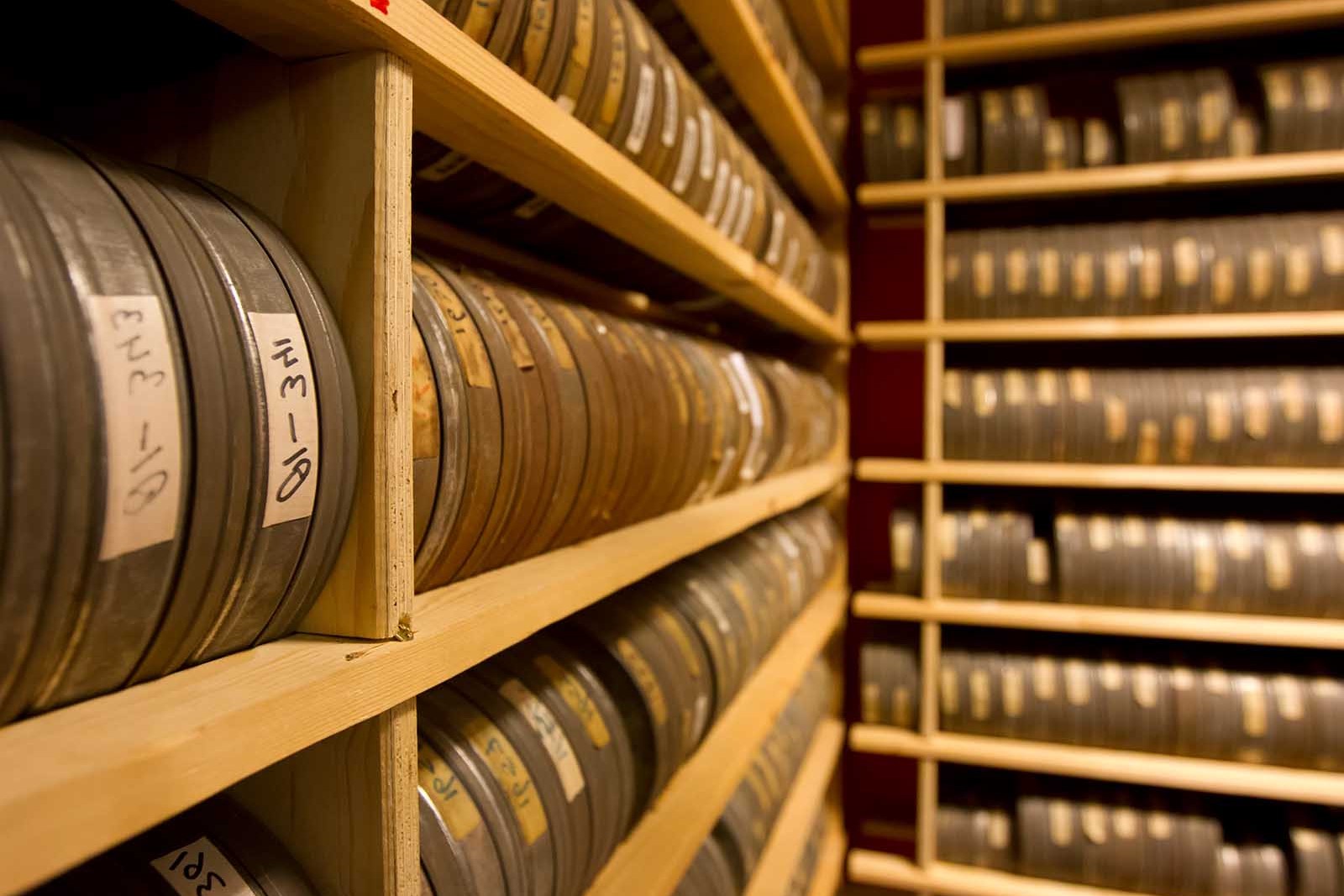
What are archival collections? Archival collections are like treasure chests of history, holding documents, photos, letters, and more from the past. They help us understand how people lived, worked, and thought long ago. Imagine reading a letter from a soldier during a war or seeing a photo of your town from 100 years ago. These collections are kept safe in places like libraries, museums, and universities. Archivists, the people who take care of these collections, make sure everything is organized and preserved. They help researchers, students, and anyone curious about history find the information they need. Archival collections are important because they connect us to our past, helping us learn from it and appreciate where we come from.
Key Takeaways:
- Archival collections are valuable treasure troves of historical documents, photos, and artifacts, preserving the past and providing insights into history, culture, and society. They are crucial for understanding the past and shaping the future.
- Archival collections face challenges such as digitization, funding, space, technology, and security. Despite these challenges, they continue to evolve with digital archives, crowdsourcing, and the use of artificial intelligence for organizing data.
What Are Archival Collections?
Archival collections are treasure troves of historical documents, photographs, and artifacts. They preserve the past and provide insights into history, culture, and society. Let's explore some fascinating facts about these collections.
-
Definition: Archival collections consist of materials created or received by an organization or individual, preserved for their enduring value.
-
Purpose: They serve to document history, support research, and provide evidence of past events.
-
Formats: Collections can include letters, diaries, photographs, maps, audio recordings, and even digital files.
-
Repositories: Archives are housed in libraries, museums, universities, and government institutions.
-
Access: Some archives are open to the public, while others require special permission for access.
How Are Archival Collections Organized?
Organization is key to making archival collections accessible and useful. Here's how they are typically structured.
-
Provenance: This principle maintains the original order of materials as they were created or received.
-
Series: Collections are divided into series based on function or subject matter.
-
Finding Aids: These are guides that help researchers locate specific items within a collection.
-
Cataloging: Items are cataloged with detailed descriptions to aid in discovery.
-
Preservation: Materials are stored in climate-controlled environments to prevent deterioration.
Why Are Archival Collections Important?
Archival collections hold immense value for various reasons. They are crucial for understanding the past and shaping the future.
-
Historical Research: They provide primary sources for historians and researchers.
-
Cultural Heritage: Archives preserve cultural heritage and identity.
-
Legal Evidence: Documents in archives can serve as legal evidence in disputes.
-
Education: They are educational resources for students and scholars.
-
Public Memory: Archives contribute to collective memory and societal identity.
Challenges Facing Archival Collections
Despite their importance, archival collections face several challenges. These issues can impact their preservation and accessibility.
-
Digitization: Converting physical materials to digital formats is costly and time-consuming.
-
Funding: Many archives struggle with limited funding for operations and preservation.
-
Space: Physical storage space is often limited, leading to difficult decisions about what to keep.
-
Technology: Rapid technological changes can make digital formats obsolete.
-
Security: Protecting archives from theft, damage, or unauthorized access is a constant concern.
Interesting Facts About Specific Archival Collections
Some archival collections stand out due to their unique contents or historical significance. Here are a few intriguing examples.
-
Vatican Secret Archives: This collection contains documents dating back to the 8th century, including papal correspondence.
-
National Archives of the United States: Home to the Declaration of Independence, Constitution, and Bill of Rights.
-
British Library: Holds the Magna Carta, one of the most important legal documents in history.
-
Smithsonian Institution Archives: Contains over 137 million objects, including artifacts from American history.
-
Anne Frank House: Preserves the diary and personal belongings of Anne Frank.
The Future of Archival Collections
As technology advances, the future of archival collections is evolving. Here's what to expect in the coming years.
-
Digital Archives: Increasingly, archives are being digitized for easier access and preservation.
-
Crowdsourcing: Public involvement in transcribing and cataloging archives is becoming more common.
-
Artificial Intelligence: AI is being used to analyze and organize large volumes of archival data.
Tying It All Together
Archival collections are like time capsules, preserving history and culture for future generations. They offer a peek into the past, providing insights into how societies evolved. These collections aren't just dusty old papers; they're vibrant stories waiting to be told. From ancient manuscripts to digital records, archives hold treasures that help us understand our roots and shape our future. They play a crucial role in education, research, and cultural preservation. By exploring these collections, we gain a deeper appreciation for the events and people that have shaped our world. Whether you're a history buff or just curious, there's always something new to learn from archives. So next time you come across an archival collection, take a moment to dive in. You might just uncover a piece of history that changes your perspective. Archives are more than just storage; they're the keepers of our shared heritage.
Frequently Asked Questions
Was this page helpful?
Our commitment to delivering trustworthy and engaging content is at the heart of what we do. Each fact on our site is contributed by real users like you, bringing a wealth of diverse insights and information. To ensure the highest standards of accuracy and reliability, our dedicated editors meticulously review each submission. This process guarantees that the facts we share are not only fascinating but also credible. Trust in our commitment to quality and authenticity as you explore and learn with us.
